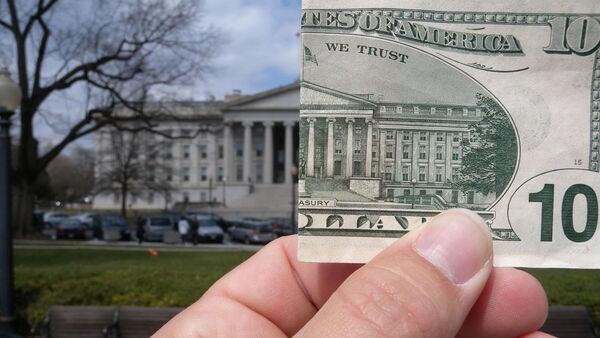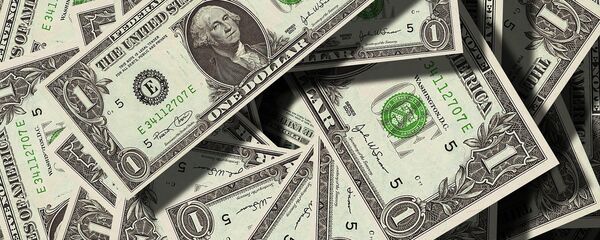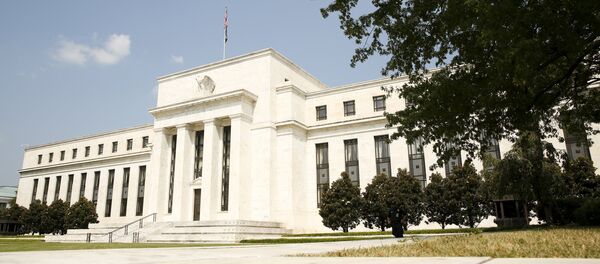The year-on-year pace of economic expansion has slowed to roughly 1pc in the past quarter, and while the figures for 3Q16 are being prepared for release later this month, the New York Fed has lowered its projections for the quarter. Having previously expected an acceleration in growth to above 3pc annualized, the New York Fed is currently expecting growth of 2.22pc year-on-year, with the growth projection for the year of 2016 lowered to just 1.40pc at best.
The "Nowcast" model, used by the regional regulator, takes multiple broader economic parameters into account, including business sentiment, manufacturing activity, and consumption, among others. The slowdown in economic activity in October and September’s slump in housing starts have resulted in the lowered forecast.
"Asset valuations are extreme; returns are poor, the probability of losses is high and the ability to recover any losses quickly is low," Andrew Lapthorne of the bank Société Générale wrote in his note to clients.
With stock prices near their all-time highs, expensive real estate market, and low Treasury yields, opportunities to get a solid return-on-investment are scarce. The ultra-low Fed interest rates are no longer providing much of a stimulus, as most companies are struggling with negative balance sheets, failing to generate profits under the pressure of a heavy burden of indebtedness.
Corporate expenditures have exceeded earnings by a near-record breaking 30pc, according to Société Générale’s data, contributing to rising private sector anxiety. Corporate debt accumulation mirrors the deficit spending of the federal government, which has doubled its debt burden over the past eight years in the hope that it can mend the exhausted model of credit-fueled economic expansion.
"US corporate balance sheets are a major risk going forward," Lapthorne warned. "US corporates are massively overspending."
Subsequently, yield curves on the debt of many corporations have flattened to the displeasure of investors, suggesting austerity measures are on the way, as demonstrated by the recent job cuts at several major banks.
The situation is becoming further complicated, given that under-leveraged companies are struggling harder to attract capital than those with a higher level of indebtedness. For US non-financials, average the dividend has slumped to 6pc per year, dismally low compared to 13.7pc in 1965, 12.5pc in 1995, and 10.5pc in 2005. Previously, the average corporate non-financial dividend dropped dramatically on several occasions: to 7pc in 1958 (the Eisenhower recession), to 7.75pc in 1974 (the midst of the oil crisis), to 6.50pc in 2001 (the post-dotcom recession), and to 6.25pc in 2009 (the Great Recession).
All that said, the US private non-financial enterprises are now in the worst place they have ever been in recent US economic history, with only the profits generated in the financial and government sectors keeping the macroeconomic indicators above zero.







